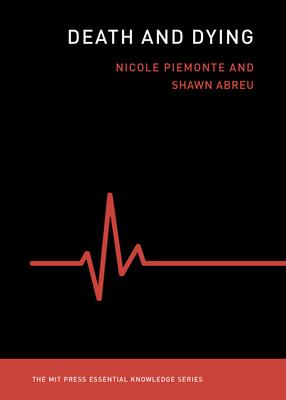
The authors--one an academic who teaches and studies end-of-life care, and the other a physician trained in hospice and palliative care--offer an account of Western-style death and dying that is informed by both research and personal experience. They examine the medical profession's attitude toward death as a biological dysfunction that needs fixing; describe the hospice movement, as well as movements for palliative care and aid in dying, and why they failed to influence mainstream medicine; consider our reluctance to have end-of-life conversations; and investigate the commodification of medicine and the business of dying. To help patients die in accordance with their values, they say, those who care for the dying should focus less on delaying death by any means possible and more on being present with the dying on their journey.
The authors--one an academic who teaches and studies end-of-life care, and the other a physician trained in hospice and palliative care--offer an account of Western-style death and dying that is informed by both research and personal experience. They examine the medical profession's attitude toward death as a biological dysfunction that needs fixing; describe the hospice movement, as well as movements for palliative care and aid in dying, and why they failed to influence mainstream medicine; consider our reluctance to have end-of-life conversations; and investigate the commodification of medicine and the business of dying. To help patients die in accordance with their values, they say, those who care for the dying should focus less on delaying death by any means possible and more on being present with the dying on their journey.
Paperback
$15.95